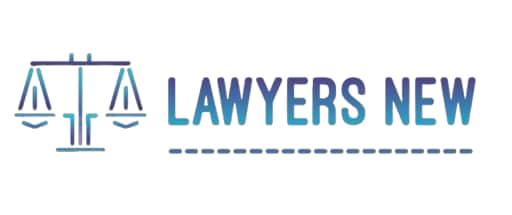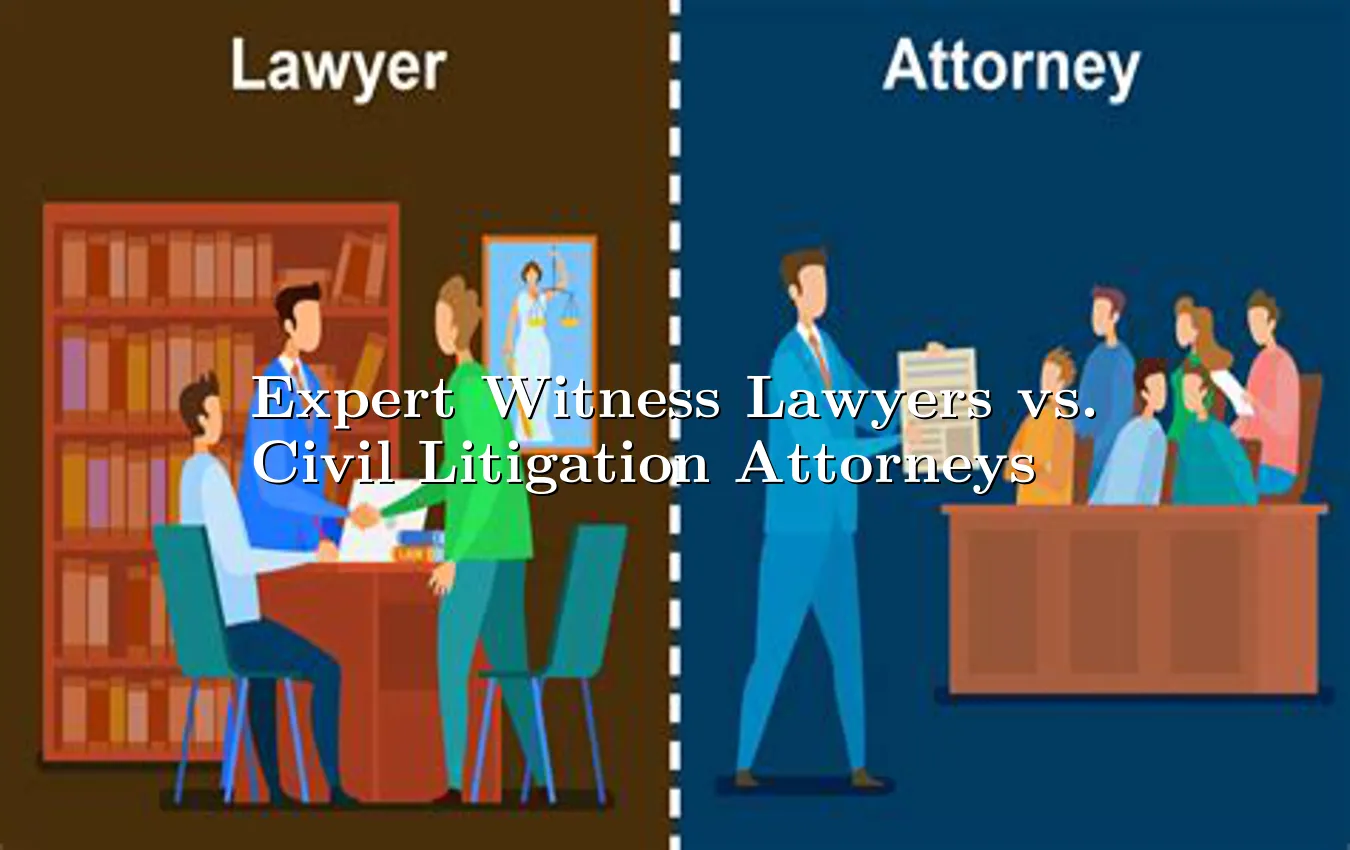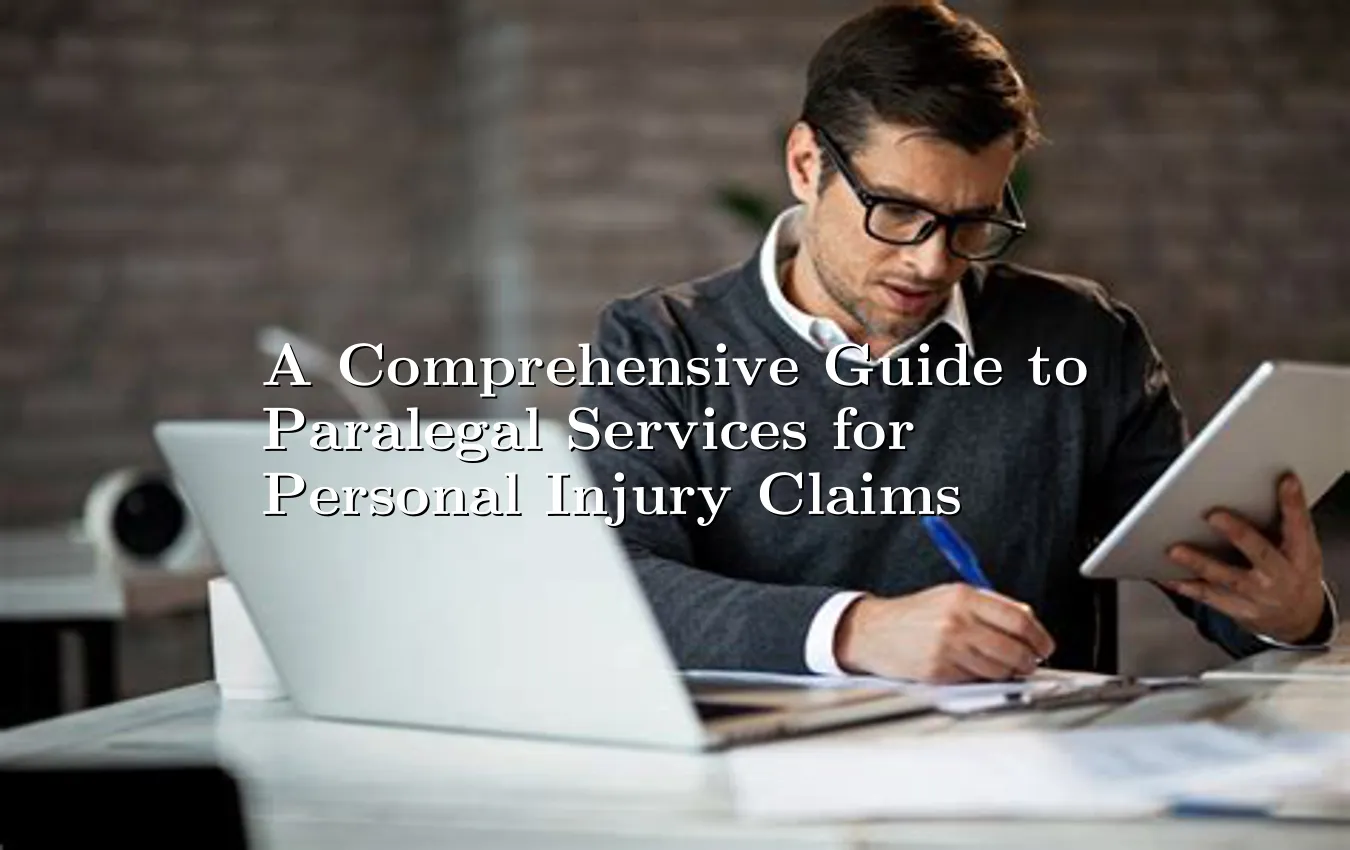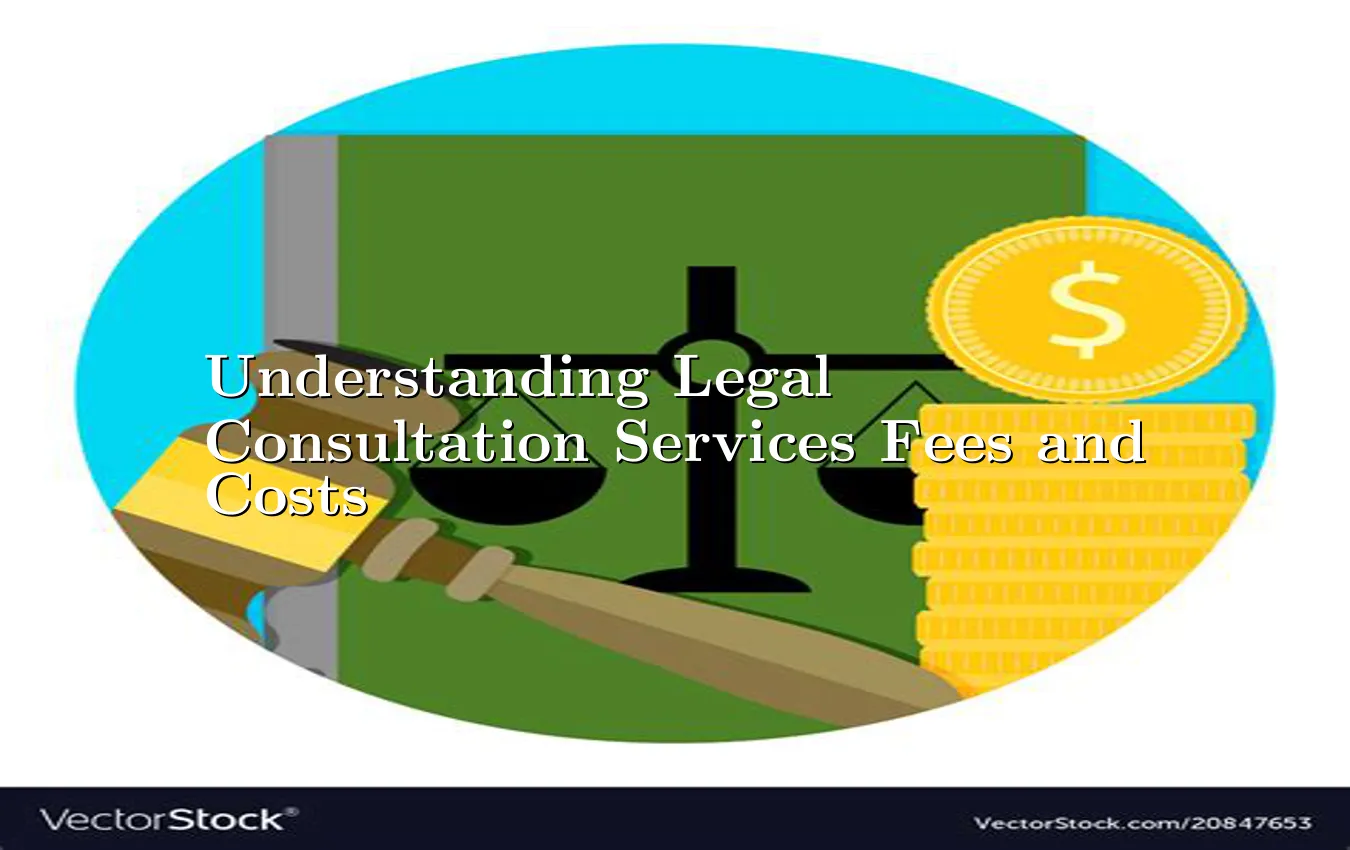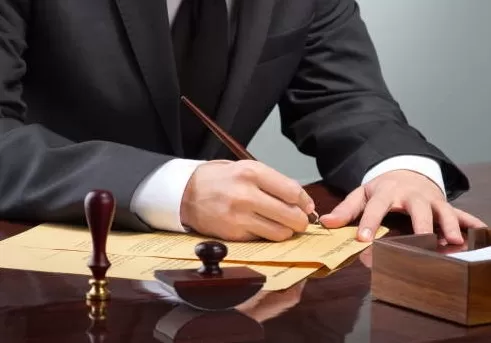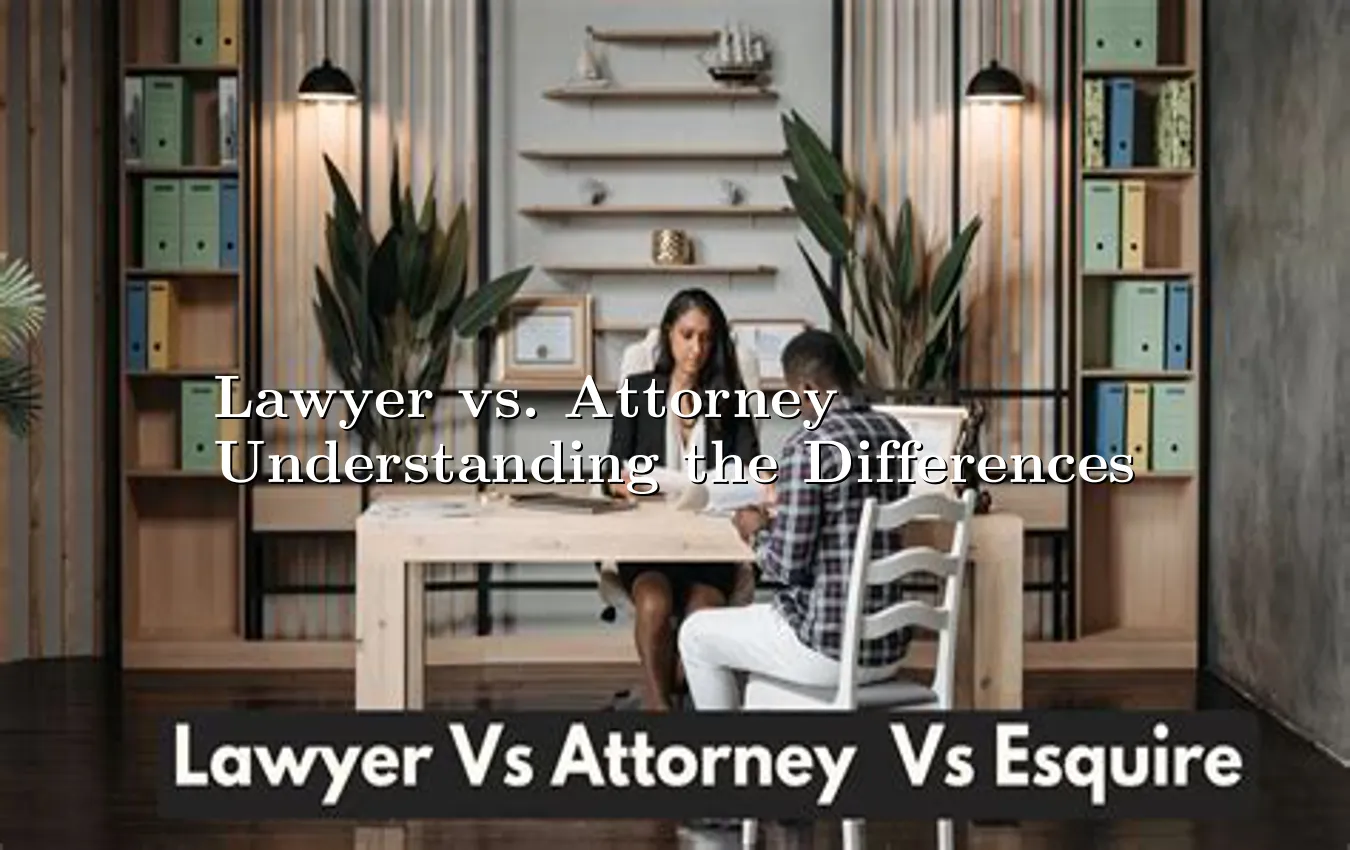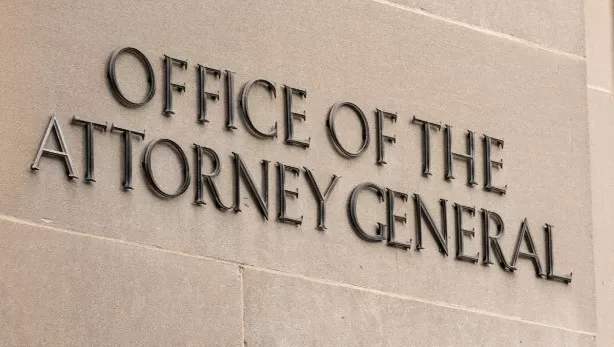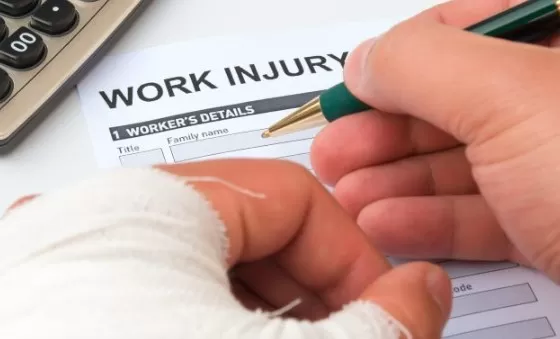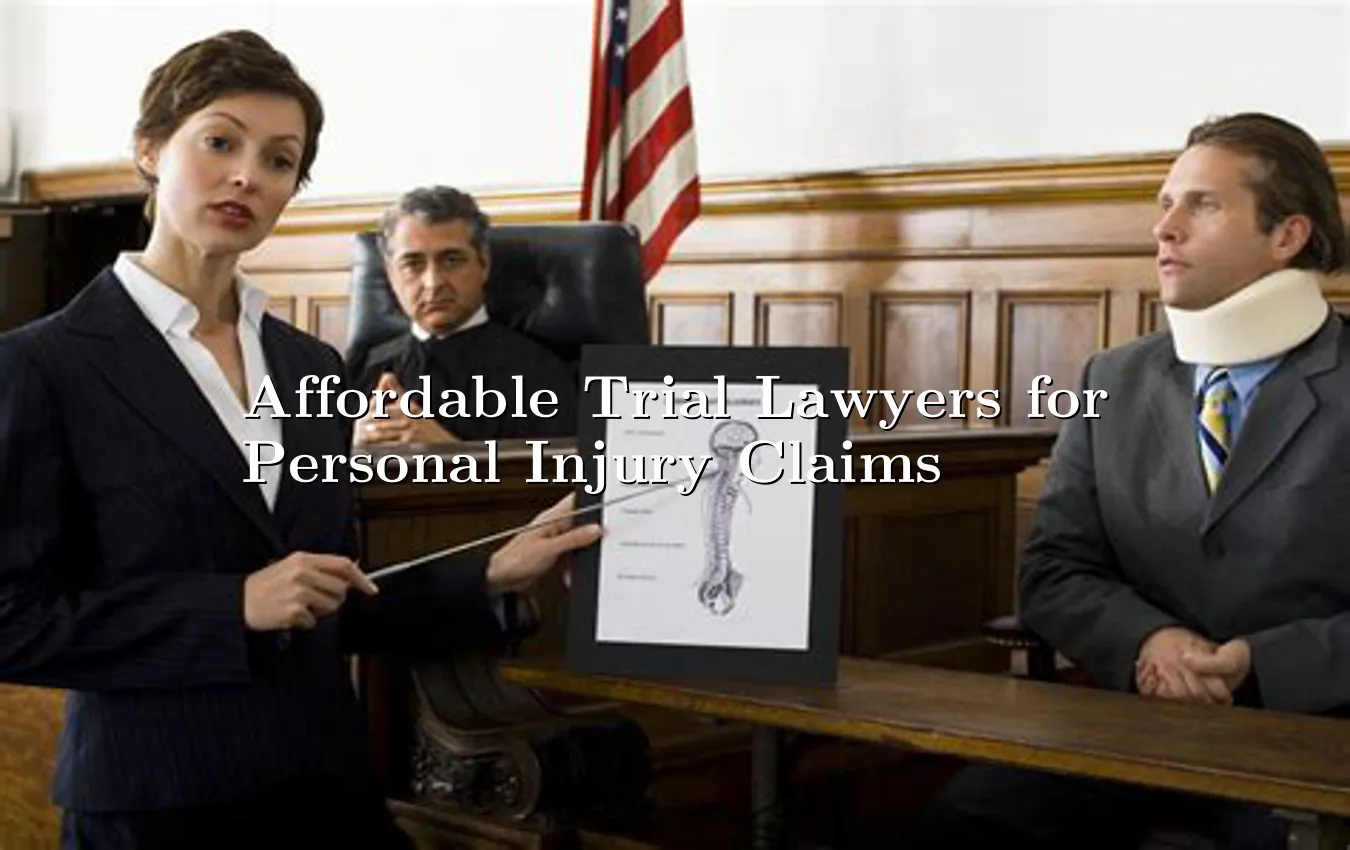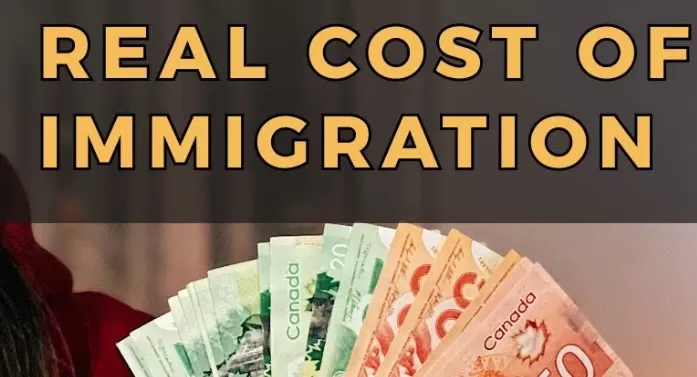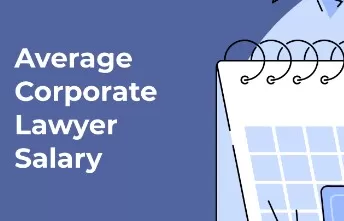
Description : Unlocking legal assistance without cost. This guide provides a step-by-step approach to finding a qualified pro bono lawyer. Learn about resources, qualifications, and how to navigate the process effectively.
Finding legal representation can be daunting, especially when financial constraints are a factor. Fortunately, there are avenues for assistance, including qualified pro bono lawyer services. This comprehensive guide will walk you through the process of finding a suitable pro bono attorney, covering everything from identifying resources to navigating the application process.
Pro bono legal services are provided by lawyers who volunteer their time and expertise to those who cannot afford traditional legal representation. These dedicated professionals often work with non-profit organizations or through legal aid societies to provide this vital support. Understanding how to access these services is crucial for individuals needing legal counsel but lacking the financial means.
This article will delve into the intricacies of finding a qualified pro bono lawyer. We'll explore various methods for locating suitable lawyers and offer practical advice on preparing for the process. We'll also discuss the crucial role of non-profit organizations and legal aid societies in facilitating these services.
Read More:
Understanding Pro Bono Legal Services
Pro bono, meaning "for the public good," reflects the altruistic spirit behind these legal services. These services are typically provided by lawyers who have a passion for social justice and empowering individuals with limited financial resources.
What Types of Cases are Typically Handled?
Family law: Issues like divorce, child custody, and adoption.
Criminal defense: Representing individuals facing criminal charges.
Immigration law: Assisting individuals with immigration procedures.
Housing law: Addressing issues related to eviction and housing discrimination.
Civil rights: Cases involving discrimination or violations of civil liberties.
Not all cases are handled equally. The specific types of cases a qualified pro bono lawyer can take on will vary depending on the individual lawyer's specialization and the organization they are affiliated with. It's essential to understand the scope of services offered by the particular organization or lawyer you're considering.
Locating Qualified Pro Bono Lawyers
Several avenues exist to find qualified pro bono lawyers. Identifying the most suitable method depends on your specific needs and the type of legal assistance you require.
Utilizing Online Resources
Numerous online platforms and directories list pro bono legal services. These resources often allow you to filter by location, type of case, and specific legal specialties. Be sure to carefully review the qualifications of the lawyers and the organizations offering the services.
Interested:
Contacting Legal Aid Societies
Legal aid societies are dedicated to providing legal assistance to low-income individuals. These organizations often have a network of qualified pro bono lawyers ready to assist with various legal matters. Contacting them directly is a valuable first step.
Exploring Non-Profit Organizations
Many non-profit organizations offer legal assistance programs. These organizations focus on specific areas of law or populations, and their lawyers often have expertise in those areas. Researching non-profits that align with your legal need is a practical approach.
Preparing for Your Consultation
Once you've identified potential qualified pro bono lawyers, it's crucial to prepare for your consultation. This preparation will ensure a productive interaction that helps you receive the best possible assistance.
Gathering Essential Documents
Compile all relevant documents, including any legal notices, contracts, or correspondence related to your case. This allows the lawyer to quickly grasp the specifics of your situation.
Clearly Articulating Your Needs
Clearly and concisely outline the legal issues you're facing. Detail the specific outcomes you're hoping to achieve and any concerns you have. Be prepared to answer questions about your case thoroughly.
Understanding the Lawyer's Qualifications
Thoroughly investigate the qualified pro bono lawyer's background and experience. Look for certifications, memberships in legal associations, and any relevant publications. This research will help you assess their suitability for your specific legal needs.
Navigating the Application Process
The application process may vary depending on the organization or lawyer you're working with. Be prepared to provide information about your situation and the specific legal problems you're facing.
Completing Necessary Forms
Carefully complete any forms or questionnaires required by the organization. Ensure accuracy and completeness to avoid delays in the process.
Understanding Eligibility Criteria
Familiarize yourself with the eligibility criteria for receiving pro bono legal services. Understanding these criteria will help you determine if you qualify for assistance.
Maintaining Open Communication
Maintain consistent communication with the qualified pro bono lawyer throughout the process. This will ensure that your concerns are addressed and that you remain informed about the progress of your case.
Finding a qualified pro bono lawyer can be a valuable resource for individuals who cannot afford traditional legal representation. By following the steps outlined in this guide, you can navigate the process effectively and increase your chances of obtaining the legal assistance you need. Remember to research potential organizations and lawyers thoroughly, and be prepared to articulate your legal needs clearly. This proactive approach will lead you toward a more positive legal outcome.
Don't Miss:

